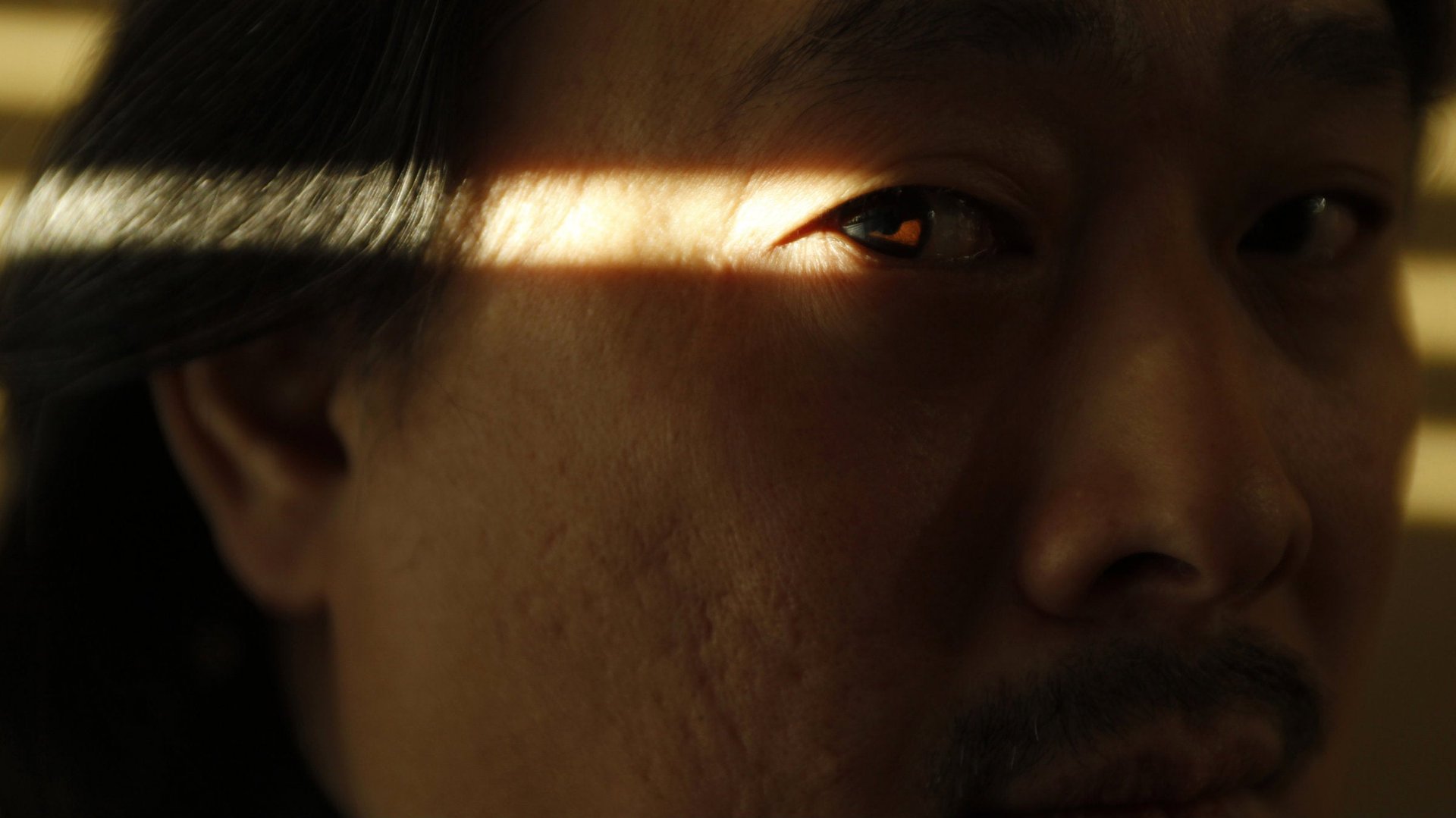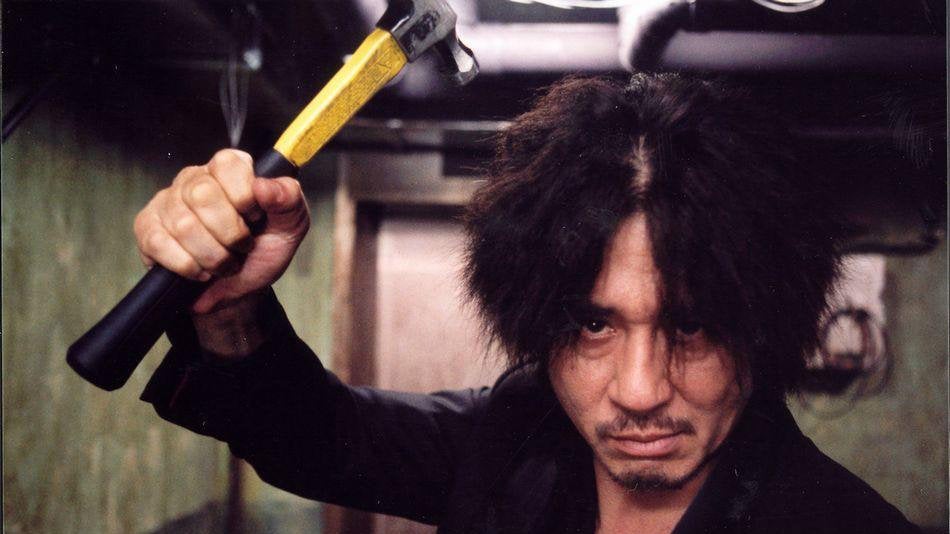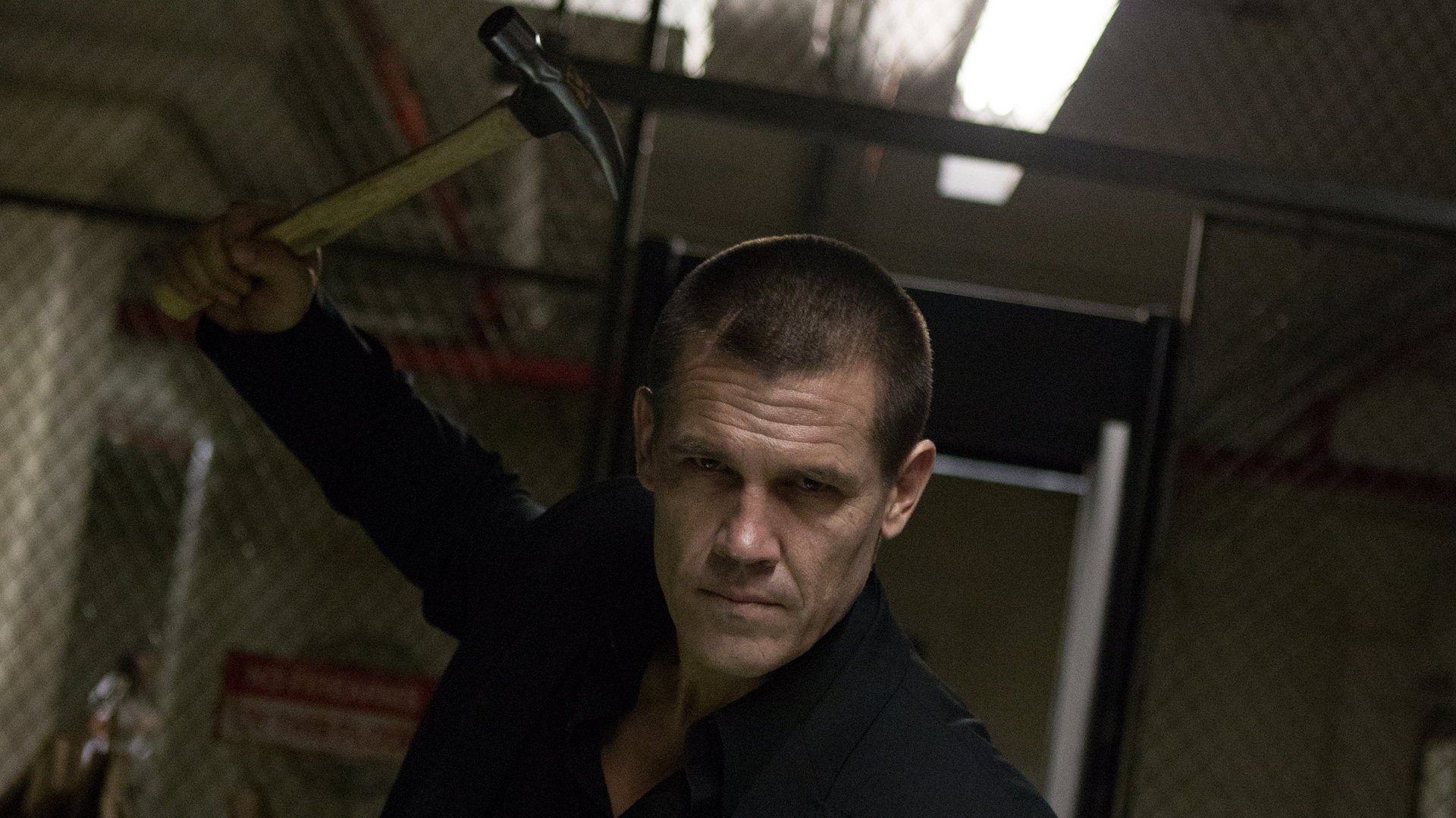Spike Lee’s “Oldboy”: Revenge is a dish best served Korean
Spike Lee’s Oldboy, a remake of the 2003 Korean film of the same name, is lacking a crucial element of the original Park Chan-wook version: it’s not Korean. It’s one thing to make a revenge movie—but only a Korean director can make a revenge meditation, a laser-sharp focus on a base, reptilian urge with that offers no redemption or satisfaction that justice has been done. Vengeance is part of the Korean collective unconscious, an ultra-distilled form of rage so unique that the Korean language has its own, nearly untranslatable word for it: han. In the han universe, characters don’t suffer or become evil because of early trauma: they suffer because life is horrible.


Spike Lee’s Oldboy, a remake of the 2003 Korean film of the same name, is lacking a crucial element of the original Park Chan-wook version: it’s not Korean. It’s one thing to make a revenge movie—but only a Korean director can make a revenge meditation, a laser-sharp focus on a base, reptilian urge with that offers no redemption or satisfaction that justice has been done. Vengeance is part of the Korean collective unconscious, an ultra-distilled form of rage so unique that the Korean language has its own, nearly untranslatable word for it: han. In the han universe, characters don’t suffer or become evil because of early trauma: they suffer because life is horrible.
This is the driving force behind Park’s “Revenge Trilogy,” of which Oldboy is the second installment. Winning the 2004 Gran Prix at Cannes, the film became a cult classic worldwide, aided by the vociferous support of Cannes jury member, Quentin Tarantino. Based loosely on the Dumas novel The Count of Monte Cristo, Oldboy tells the lurid tale of a slovenly everyman, Oh Dae-soo, who is abducted and held captive in a private prison. When Oh is finally released 15 years later, for reasons as mysterious as his imprisonment, he is importuned by a smelly homeless man who hands him a cell phone and a wallet stuffed with cash. The cell phone rings. Oh answers it. It is his captor, daring Oh to find out what why he was imprisoned. What ensues is a glorious duet of mutual vengeance between two men, each of whom is simultaneously captor and prey.

Fast forward to today’s remake of Oldboy—Spike Lee has a number of things working in his favor. His body of work has certainly explored the theme of a cosmic debt that can never be repaid. Do the Right Thing, Bamboozled, Jungle Fever, and School Daze all end with a sense that the issues of race and its implication in crime and poverty will never be resolved. School Daze famously ends with an enraged Lawrence Fishburne screaming repeatedly in a university courtyard, “Wake up!” Lee has always been good at visuals and establishing mood. In Oldboy, the torture scenes are as creative and lurid as in the original, and Samuel L. Jackson is spot-on as sadistic prison guard.

But the problem with this American version of Oldboy—and its distance from the han ethos—lies in the screenplay. The romantic liaison between the protagonist (played by Josh Brolin) and a much-younger nurse (Elizabeth Olsen) has a sentimentality that doesn’t belong in a movie about rabid revenge to the exclusion of all other motivation. Furthermore, all of the characters in this version have a back story, which was not the case in the original. The effect is that even the dimmest of viewers can see that wrathful people were dealt a bad hand early in life. The villian’s old schoolteacher describes her former charge as a “lost soul.” In flashback scenes, we learn that the villain’s father was a madman and insatiable rapist. The introduction of Western rationale only serves to dilute what was meant to be a chilling character—the villain.
Koreans know villainy. Ian Fleming, author of the James Bond series, understood this when he wrote in Goldfinger, “[Koreans] are the cruelest, most ruthless people in the world.” Widely perceived as racist, this line is based in thousands of years of history. For 5,000 years, Korea has been the whipping boy of fate. According to some historians, Korea has been invaded 400 times in its history—most recently during the Japanese period of colonization from 1910 to 1945, and the Korean War. It’s not hard to see how Koreans developed han, the belief that the universe can never pay off this debt to Korea. But on the other side, han is a force behind Korea’s economic miracle, rising from one of the world’s poorest countries in the 1950s to one of the most prosperous today.
Though many Koreans don’t like to admit it, much of their drive rose from a desire to beat Japan at something, anything. In the 1980s, all of Asia had benchmarked Japan as the nation to aspire to economically. Currently, only Korea is succeeding, and han has a lot to do with it. In the late 1990s, Samsung had monomaniacally set its sights on the Japanese electronics giant Sony as the company to beat—not IBM, Microsoft, or Apple. Samsung succeeded, by the way. In 2002, three years ahead of schedule and just one year after Forbes called the idea “off the wall,” Samsung’s market capitalization exceeded Sony’s. By 2005—the year by which Samsung had planned to surpass Sony—its market cap of $75 billion was twice that of Sony.
In part, Korea’s success is rooted in its inability to relinquish historic grudges, so it’s little wonder that the nation has an entire genre devoted to exploring revenge. While the American entertainment monopoly is still powerful, it’s in danger of losing the keys to the kingdom; its penchant for trauma-aversion may no longer reflect audience demand. American movies have lost market share in the UK, the EU, and China—the world’s fastest growing movie market. South Korea, once as dependent on America for pop culture as on its military protection, had only two out of the 10 top-grossing films in 2013 were American (Ironman 3, World War Z); the rest were Korean productions.
Tastes in cinema are a good metric of a country’s determination, stamina, and willingness to make sacrifices for future gains. So it’s no coincidence that American film noir was popular during the nation’s most rapid period of development. And it is perhaps no coincidence that a decreasingly omnipotent American entertainment industry feels the need to bowdlerize human tragedy.